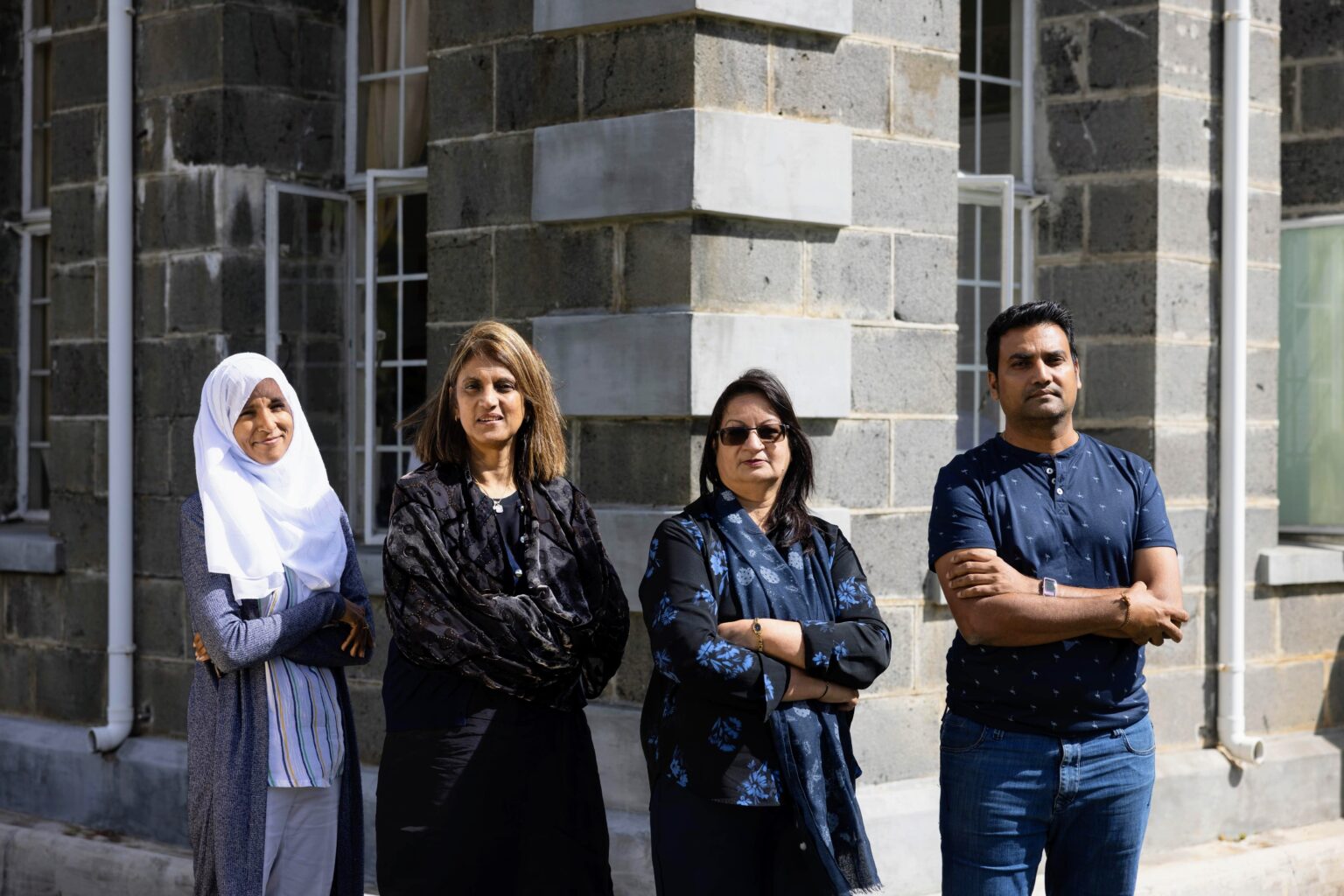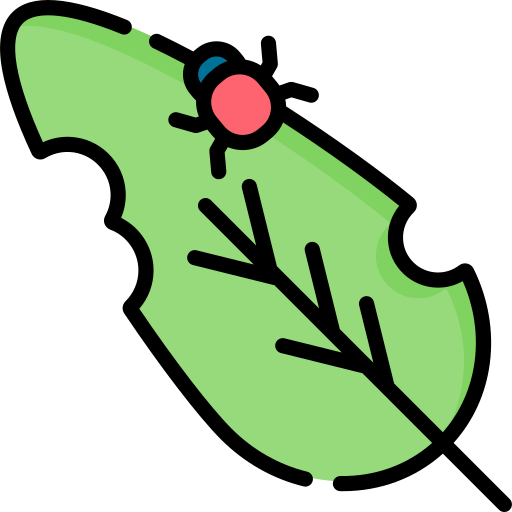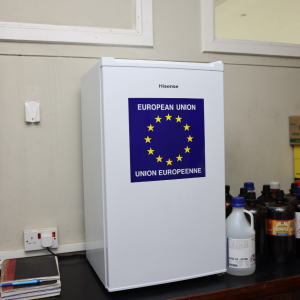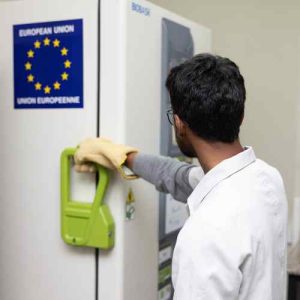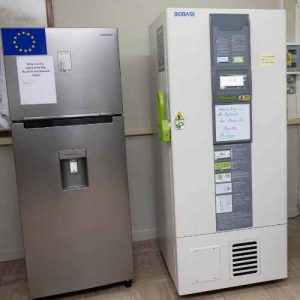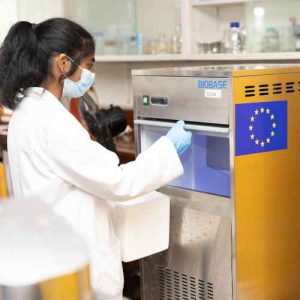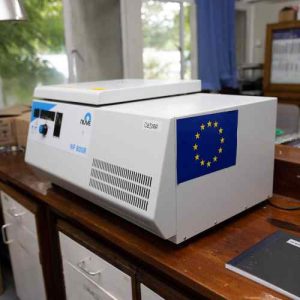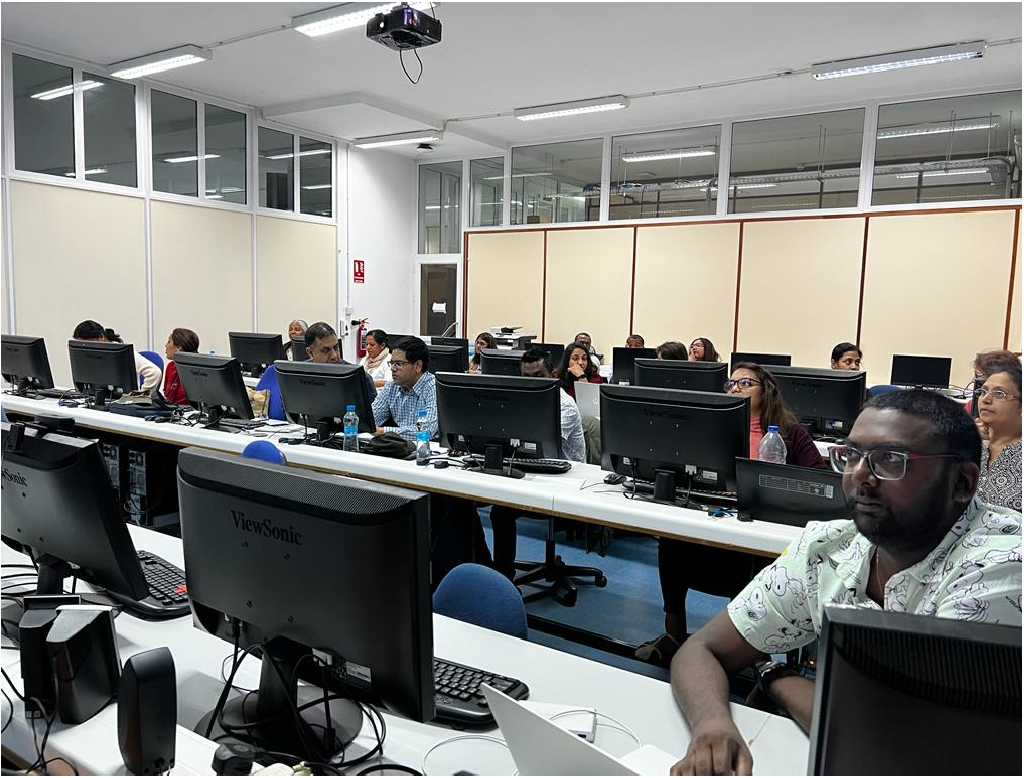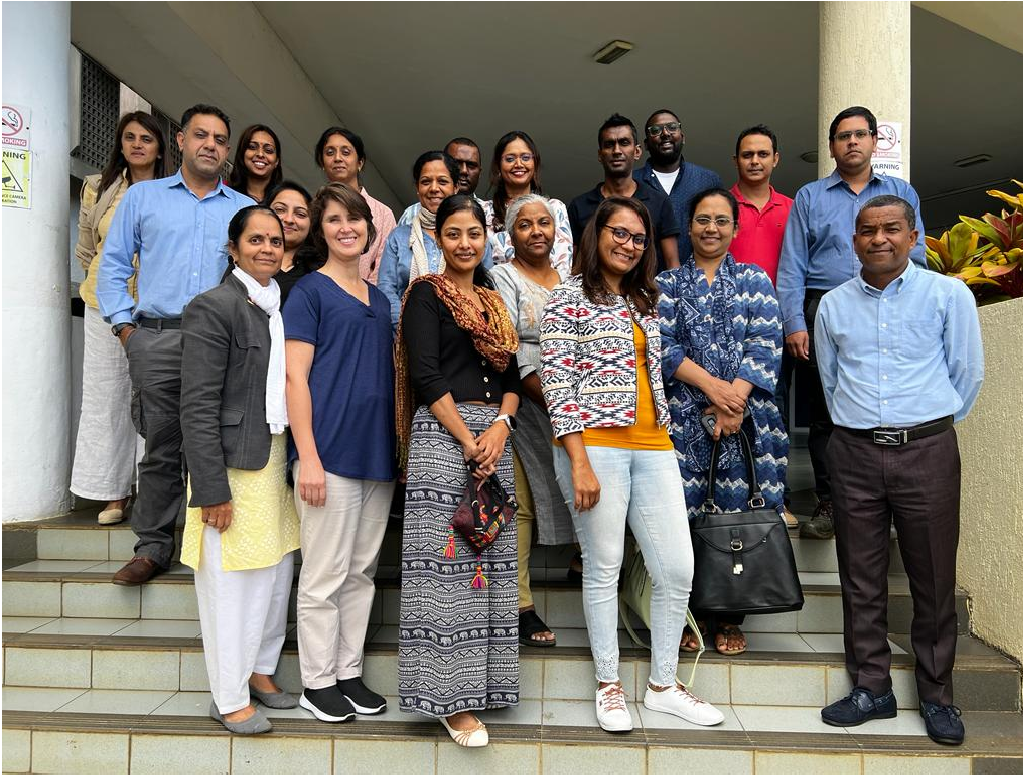Incubator being used for chilled storage of samples prior to processing and analysis
- Home
- About
- Projects



Work Package 4
Development of a sustainable and inclusive value-chain for smallholder dairy farmers in the Republic of Mauritius
Learn More >
Work Package 5
Curriculum development and implementation of a Top-up programme in Agricultural Science and Technology for Rodrigues
Learn More >
- Contact Us
- Home
- About
- Projects



Work Package 4
Development of a sustainable and inclusive value-chain for smallholder dairy farmers in the Republic of Mauritius
Learn More >
Work Package 5
Curriculum development and implementation of a Top-up programme in Agricultural Science and Technology for Rodrigues
Learn More >
- Contact Us

